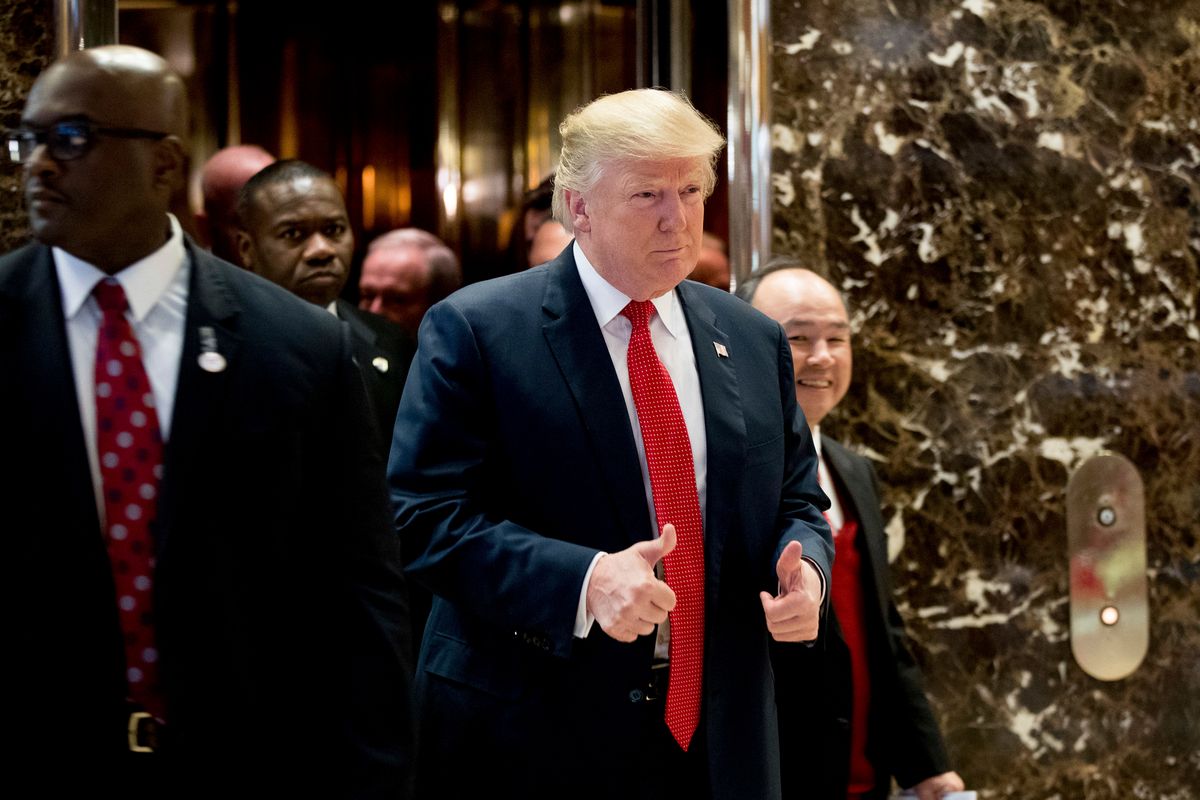Donald Trump on Tuesday singled out Chicago-based aircraft manufacturer Boeing less than two hours after The Chicago Tribune published an article citing CEO Dennis Muilenburg criticizing the president-elect's "anti-trade rhetoric."
This after Trump campaigned, in part, on the promise of saving 2,100 production jobs at two Indiana Carrier plants from moving to Monterrey, Mexico. Before Thanksgiving, Indiana Governor and Vice President-elect Mike Pence struck a deal with United Technologies, Carrier's parent company, to save roughly 730 of those jobs, in exchange for $7 million in tax benefits. Ultimately, Trump leveraged his political influence and United Technologies caved.
"There was a cost as we thought about keeping the Indiana plant open," United Technologies CEO Greg Hayes told CNBC's Jim Cramer on Monday. "At the same time . . . I was born at night but not last night. I also know that about 10 percent of our revenue comes from the U.S. government."
Trump's selective jawboning is ruffling corporate feathers and raising ethical concerns.
"Twisting people’s arms is inherently problematic," N. Gregory Mankiw, former chairman of the Council of Economic Advisers under President George W. Bush, told The Washington Post. "The president has so much power, you always wonder if there’s some implicit threat to individuals, and that goes beyond what I think a limited government should do."
Others are less fazed.
"I just assume this is what generally happens," Lanhee Chen, former policy director for Mitt Romney's campaign, told The Post. "I don’t think it is that unusual for a president to make appeals to specific companies. What may be unusual is the public nature of the communications. But the activity itself is not uncommon."

Shares